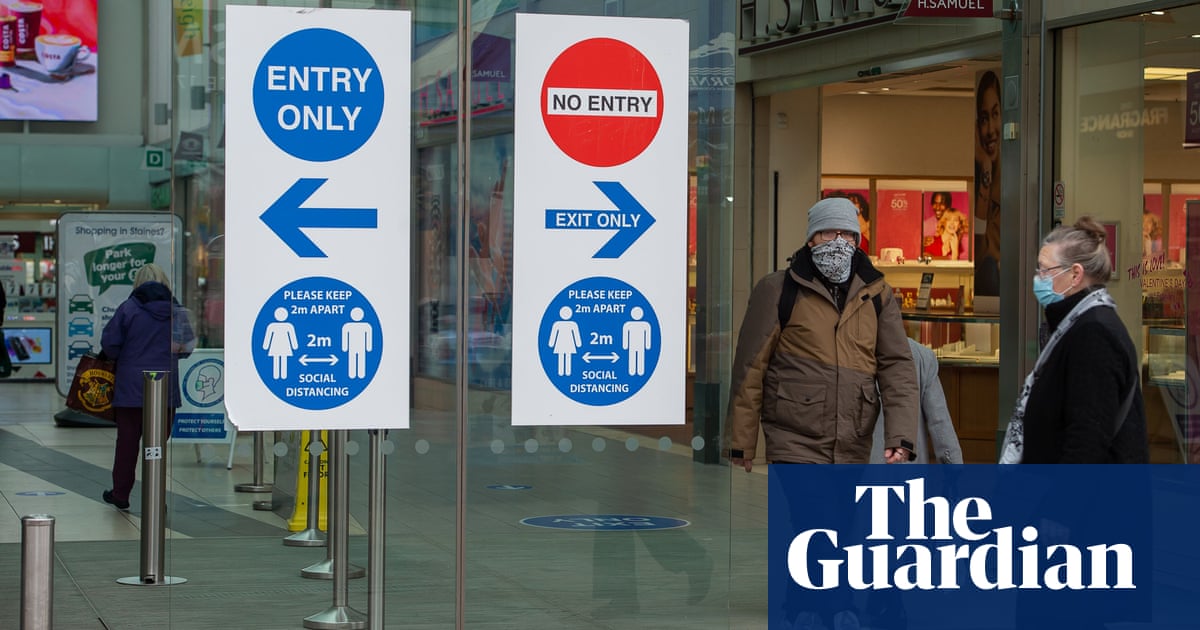
The Department for Work and Pensions has lost control of universal credit fraud, according to an influential cross-party committee after the latest figures showed billions of pounds were lost to scams during the first year of the pandemic.
The public accounts committee (PAC) said benefits fraud and error hit record levels in 2020-21, when £8.3bn was overpaid, up from £4.5bn on the previous year. These overpayments accounted for 7.5% of the DWP’s non-pension benefits spending.
Most was related to universal credit, including a £68m “mass identity hijack” carried out by organised crime groups who stole the identities of thousands of claimants to fraudulently obtain advance payments. Some 10,000 claimants had their benefits stopped or were wrongly asked to repay money as a result.
The MPs accused the DWP of lacking the ambition to recover overpayments, which have been steadily rising in recent years, and were now costing taxpayers billions of pounds a year. Although the DWP had warned the pandemic increase in benefit claims would drive up fraud, MPs said current levels were unacceptable.
“The department appears unequipped either to properly administer our labyrinthine benefits system or detect and correct years of mistakes across too many of our basic state welfare entitlements, far pre-dating its current woes,” said the chair of the PAC, Dame Meg Hillier.
“This situation is untenable and taxpayers – who also include benefit claimants – are losing billions because of it. There needs to be a step change in understanding the impact of benefit errors on people’s lives and restoring trust because, as we’ve seen recently with pension underpayments, once a mistake in the system materialises it can take years to resolve.”
The DWP said the explosion in universal credit claims during the first Covid lockdown in March and April 2020, when at its peak 100,000 people a day were coming into the benefit system, helped drive fraud and errors. Officials relaxed some counter-fraud controls during this period, such as face-to-face identity checks, to focus on providing rapid support to claimants.
A government spokesperson said: “It is disappointing that the PAC has failed to acknowledge that, in the midst of an unprecedented pandemic, we prioritised supporting record numbers of genuine claimants. Thanks to this decision, the universal credit system stood up to the challenge of the pandemic so people received vital financial support at their time of need.”
However, MPs are concerned that the basic design of universal credit makes it prone to error and fraud. The original business case for universal credit said it would cut fraud, but overpayments have risen every year since 2015 when the DWP started to measure them. Last year 14.5% of all universal credit payments were overpaid – the highest recorded fraud and error rate of any benefit for which records exist.
The designed-in five-week wait for a first universal credit payment means claimants often have to take out a cash advance to pay for food and rent during the wait. Around 1.5m people were issued with advances in 2020-21. MPs said such advances were “particularly vulnerable to fraudulent claims.”
There was a steep rise in the numbers of individuals who claimed universal credit while understating or not declaring levels of personal savings. People with savings over £16,000 are ineligible for universal credit, suggesting that many may have lied to get financial support while protecting their private nest eggs.












